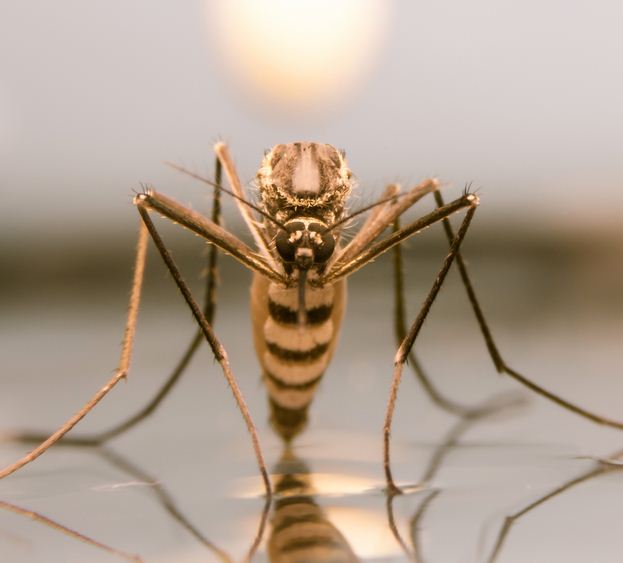How to prevent mosquito bites before you travel south
(NC) Don’t let a bug bite ruin your tropical vacation. The Public Health Agency of Canada is reminding travellers to protect themselves against mosquito bites to avoid diseases such as Zika virus, malaria, chikungunya, yellow fever and dengue.
Here are some tips to prevent diseases transmitted through mosquito bites.
Visit a healthcare professional or travel health clinic. Do this at least six weeks before you travel. They may recommend vaccines or medications for protection against diseases and illnesses spread by insects.
Don’t forget to pack bug spray containing DEET. You can also purchase bug spray containing Icaridin, also known as Picaridin. If you need to apply both sunscreen and insect repellent, apply the sunscreen first and then apply the repellent.
Fashion statements aside, it’s best to cover up. Do this during peak biting times – dusk and dawn. Wear light-coloured, long-sleeved, loose-fitting, tucked-in shirts, long pants, shoes or boots (not sandals), and a hat. In tick-infested areas, you can also tape the cuffs of your pants or tuck them inside your socks, shoes or boots.
Protect your unborn baby. If you’re pregnant or planning a pregnancy, you should avoid travelling to Zika-affected countries or areas. Zika virus infection in a pregnant woman can pose significant risks to the unborn baby, such as birth defects, even if you do not develop symptoms of infection during your pregnancy.
Educate yourself. If you are travelling, be aware of the insects at your destination that cause disease. Know their peak biting times (day vs. night) and areas (indoors vs. outdoors, rural vs. urban). This information can be found online.
Comments
There are 0 comments on this post














